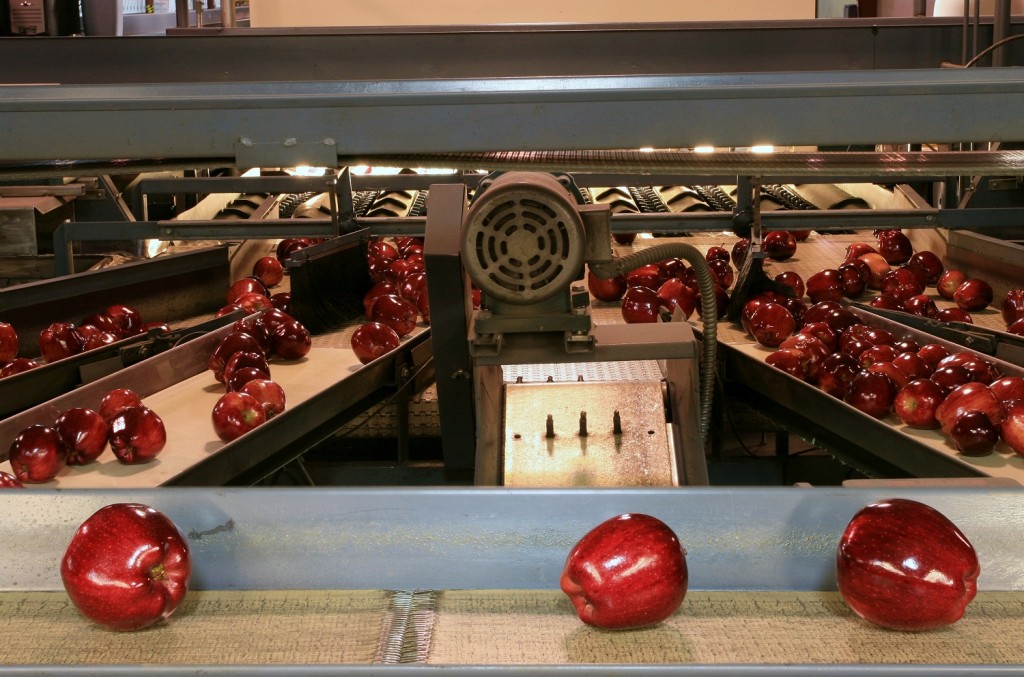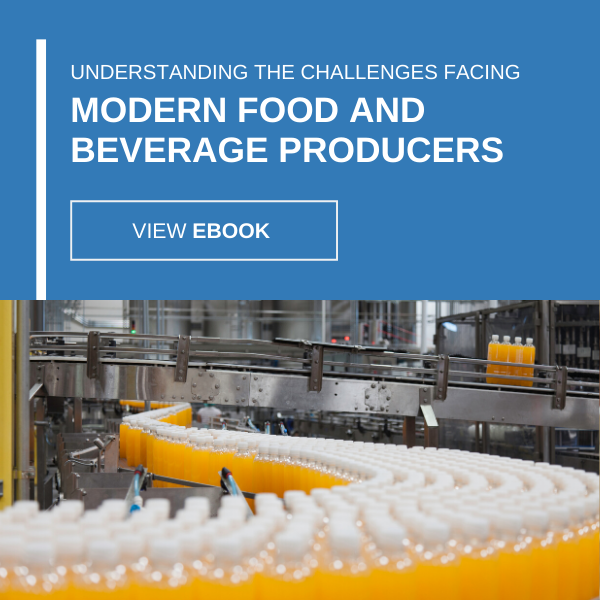
Embracing Variability: A Strategy for the Food & Beverage Industry
Recently, I reached out to one of our most charismatic team members, Charlie Payne, and got him to tell me a little bit about his approach to new projects and, more specifically, his work in the food and beverage industry. Charlie is a Senior Operations Manager at USCCG, and has played an integral role in the development of our strategies and training programs since he came on board in 1990. He has years of experience in various industries including Food & Beverage, Mining, Oil & Gas, Life Sciences, and Manufacturing. Charlie’s innovative solutions and ability to build strong client relationships are the foundation for his long record of successfully completed projects. Here’s what he had to say:
When I start a new project, I certainly like to get face to face as soon as possible so we can get a sense of each other, understand the issues, and decide if we might be a fit. Usually, a half-day on site is enough to see if we want to do a more detailed two-week analysis where we’ll come in with a team and put together a business case and answer three questions:
- Is USCCG the right group to help drive results with this client – do we hit their team right?
- Are the issues we see addressable by USCCG in a timeline that makes sense? Is their management team open to change?
- Is there a viable business case? Usually we strive for a 2 to 4 return on the project costs, depending on the scope of the project. Generally, a bigger scope means a bigger return.
If the business case makes sense, then I like to go in to project mode quickly – the consistency of the team we use is important to us and a lot easier than having an extended decision process that means I need to acquaint a new team to the client.
As a Senior Operations Manager, I am responsible for delivering the results of the project and managing the partnership we have with our client. Working with the bench strength we have in our consultants – full time USCCG employees, many of whom I have worked with for years – can often make the projects successful and fun. To have fun with the client and my team is a key success factor for me.

I have worked with all types of clients, and I enjoy working in the food & beverage industry because it’s unlike other business sectors due to of the variability. In food processing, the input can often be so variable – size, quality, quantity – it can often make us wonder why we try to manage the process at all, when we are out of control right from the start! If you can’t affect the input, then in my opinion, it makes it even more important to control what you can – usually the process within the plant walls.
We’re certainly not making widgets and it’s not as precise as manufacturing. When dealing with nature we can be affected by harvest size, variations in bird or hog size, droughts, so you never know what you’re going to get. Combine that with a work force made up of a multitude of cultures, languages, and literacy skills and you have challenges getting consistency into the process. After 24 years and many businesses, the hardest position I have ever seen is to be a supervisor in further processing in a cold plant.
My work in the food & beverage industry has certainly been across the spectrum from large privately held to co-op, slaughter facilities to further processing. Lately, I’ve seen an increase in organic clients, as well as those expanding heavily overseas and wanting to right size their facilities.
The fierce competition and amalgamation from emerging markets are part of why our food and beverage clients look to us for opportunities to improve their processes to stay ahead of their competitors.
When we engage clients in this industry, we work across a number of fronts – from production plants with a focus on yield, throughput, and productivity – OEE type metrics, installing a Management Operating System (MOS) in the plant to bring consistency between shifts, lines, and plants.
Bringing in our LINCS Business Intelligence solution to allow for the key metrics to be known in a timely manner helps us focus management on the items they need to address in getting the performance they need. More recently, we’ve worked on reducing cost with a focus on the purchasing department and the spend on packaging materials, bringing great benefits to our food & beverage clients.
I believe good management practices are applicable across all industries and our solutions for our food & beverage clients can and have proven to be successful for various other clients.





